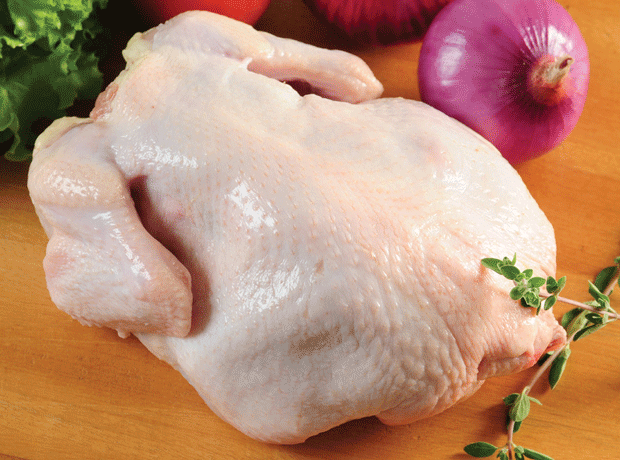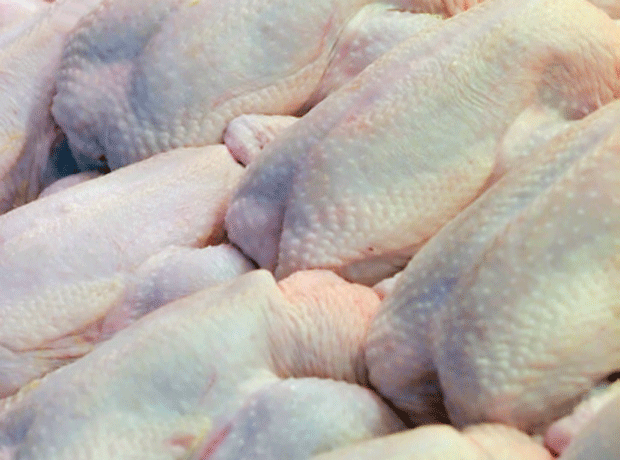Nearly 77% of chickens tested in independent c-stores and small supermarket groups (‘other’) tested positive for campylobacter in a year-long survey by the Food Standards Agency.
Samples taken between February 2014 and February 2015 found that 73% of chickens tested positive for the food bug in grocery retailers overall.
Some 19% of chickens tested positive for campylobacter within the highest band of contamination, with the figure rising to 24% for ’other’ retailers.
Asda has the highest rate of chickens tested positive for campylobacter at 80%, while Tesco was the lowest at 66.5%.
The FSA has welcomed the publication of case studies by Marks & Spencer, Morrisons, the Co-op and Waitrose showing significant decreases in the incidence of campylobacter on their raw whole chickens, as a result of their recently implemented campylobacter reduction plans.
Steve Wearne, FSA Director of Policy, said: “We are going to run this survey for a second year and will again look at campylobacter levels on chickens at retail sale.
“I hope that we will be able to see the results from the actions taken by the four retailers mentioned above and others come through and produce much lower figures for the incidence of campylobacter on the chicken we buy.”
The ‘other’ category (589 samples) includes smaller supermarkets such as Lidl, Aldi and Iceland, as well as convenience stores, independents and butchers.


















No comments yet